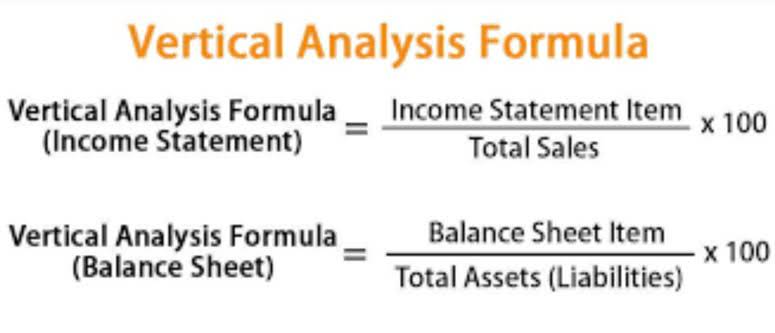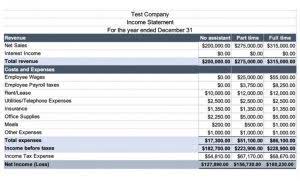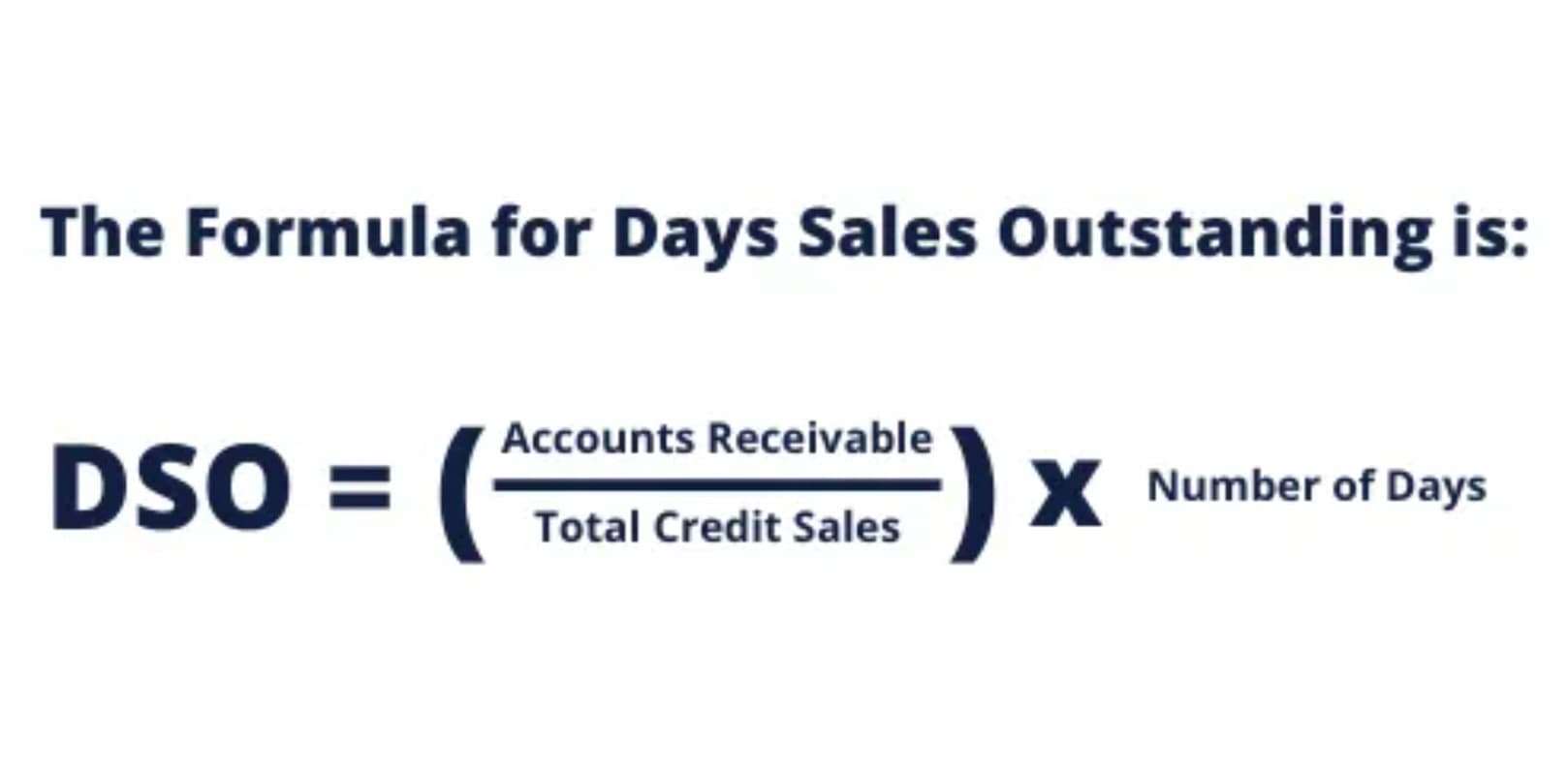
Real estate records must show the date you purchased the property and the amount of any mortgage. You must keep records of the cost of improvements and repairs to the property. The IRS requires receipts for all advertising and marketing expenses and some research and development costs. Advertising and marketing expenses include the cost of printing, designing, and mailing promotional materials such as brochures, catalogs, and newsletters. adjusting entries Instead, you must keep a log of the expenses and the business reason for the T&E. You must also keep track of the business purpose, who was present at the event, how much each person spent, and how long the event lasted.
What are the IRS Receipt Requirements?

A receipt IRS (Internal Revenue Service) refers to any documentation that provides evidence of your business expenses. These receipts are necessary for tax deduction purposes as per the IRS guidelines. They can come in various forms such as invoices, cash register tapes, credit card slips, etc., and can be physical or digital.
Charitable contributions: Written acknowledgments

That means it won’t take much effort to go paperless with your record-keeping. Accounting For Architects The IRS requires receipts or written records for all out-of-pocket expenses. You also must keep records of any payments made to independent contractors or outsourced service providers. Keep records of all vehicle-related business expenses, such as gasoline, new tires, oil changes, necessary repairs, insurance, and all vehicle maintenance.
- A 501(c)(3) should send you a donation receipt, but if they have not, ask for one before trying to deduct the donation.
- Good record-keeping and a reliable tax professional can help protect you from potential audits.
- This is particularly beneficial for long-term record-keeping, such as for tax purposes, where having a clear, accessible record is crucial.
- This ruling means that the IRS must allow business owners to deduct some business expenses, even if they don’t have receipts for all of them.
- By keeping detailed records of all your loans and related payments, you can ensure that you’re maximizing your tax benefits and maintaining control over your financial obligations.
- But who exactly needs to keep them, and what are the IRS receipt requirements?
- It’s essential to report income accurately to prevent underreporting, which can lead to tax liabilities.
What is your current financial priority?
Regularly verify your credit card statements with your saved receipts to ensure there are no discrepancies. Whether it’s a dedicated filing cabinet, a cloud storage system, or a combination of physical and digital storage, having a system in place can greatly simplify receipt management. Clearly label and categorize your receipts to make it easier to locate specific documents when needed.

Receipts must show the amount, date, place, and essential details of the expense. They are mandatory for expenses over $75, except for lodging, where receipts are always required. Maintaining detailed records ensures compliance and helps avoid issues during audits. We understand the importance of keeping accurate records and can help you implement systems to track your expenses, store your receipts, and prepare for tax season.

You’ll also need to include clear details showing the original payment method and the reimbursement amount. Learn how to build, read, and use financial statements for your business so you can make more informed decisions. Bench simplifies your irs receipt requirements small business accounting by combining intuitive software that automates the busywork with real, professional human support. Keep records relating to property until the period of limitations expires for the year in which you dispose of the property in a taxable disposition.
Loan documents are critical for tracking the interest you pay on various loans, such as student loans, mortgages, or auto loans, which can often be deducted on your tax return. These documents include statements showing the amount of interest paid each year, such as Form 1098 for mortgage interest or Form 1098-E for student loan interest. Retaining these records allows you to claim the appropriate deductions and lower your taxable income. Investment records are essential for tracking the performance of your investments and for accurately reporting capital gains or losses on your tax return. These records include purchase and sale receipts for stocks, bonds, and mutual funds, as well as dividend receipts. They provide the necessary documentation to calculate your cost basis, which determines the amount of taxable gain or loss when you sell an investment.
- If you would like a tax expert to clarify it for you, feel free to sign up for Keeper.
- However, the organization must obtain the donor’s consent to receive electronic receipts.
- The IRS requires you to maintain records for at least three years, though certain special circumstances may necessitate longer periods.
- Smaller cash purchases are not required to have as much documentation as the larger expenses.
- In such cases, detailed records and logs may be acceptable as a substitute, provided they include essential information about the expense.
As a business owner, you know that you need to keep a document trail for tax purposes. If you’re doing your best to keep every single receipt, just in case, you can relax. You don’t need a giant file cabinet full of paper receipts to meet the expectations of the Internal Revenue Service. The IRS will probably ask for a receipt or another expenditure record if you use cash for business expenses other than wages, depreciation, or car expenses. The rules are more lenient if your business is a sole proprietorship, and all its expenses are subject to the personal property deduction.


